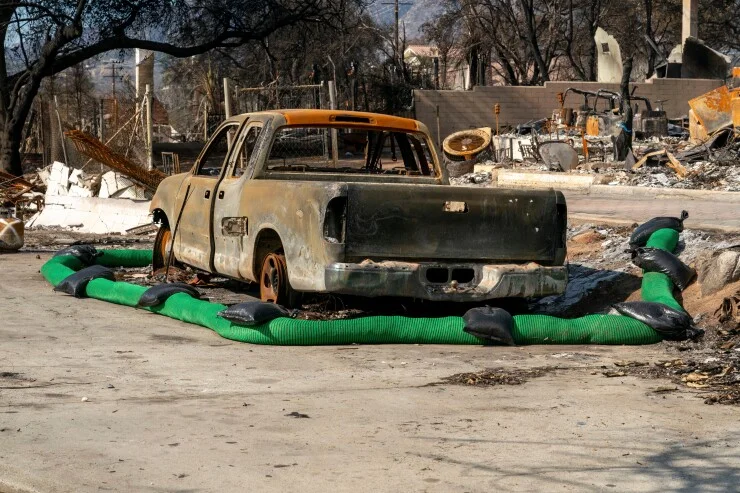
Wildfires Prompt S&P to Issue Negative Outlook on California Utilities
Recent wildfires in California have led S&P Global Ratings to revise its outlook on the state's utilities from stable to negative, highlighting the increasing financial strain caused by these natural disasters. The downgrade reflects concerns over the potential liabilities utilities may face due to their equipment being implicated in starting fires, a situation that has been exacerbated by the state's worsening climate conditions.
The negative outlook affects major utilities like Pacific Gas and Electric Company (PG&E), Southern California Edison, and San Diego Gas & Electric. These companies have been under scrutiny for their role in past wildfires, with PG&E already filing for bankruptcy in 2019 due to fire-related liabilities. The looming threat of more frequent and severe wildfires adds to the financial uncertainty for these utility providers.
S&P's decision underscores the broader challenge of managing infrastructure in a changing climate. As wildfires become more common, the cost of maintaining and upgrading utility infrastructure to prevent fire starts is expected to rise significantly. This could lead to higher rates for consumers and increased pressure on utility companies to adopt safer technologies and practices.
California's government and utility regulators are now faced with the task of balancing the need for safe, reliable power with the financial health of the utilities. Strategies being considered include more aggressive vegetation management around power lines, the use of advanced technologies to detect and mitigate fire risks, and potential changes to liability laws to protect utilities from crippling lawsuits.
The situation in California serves as a cautionary tale for other regions prone to natural disasters, illustrating the complex interplay between environmental challenges and the financial stability of essential services.